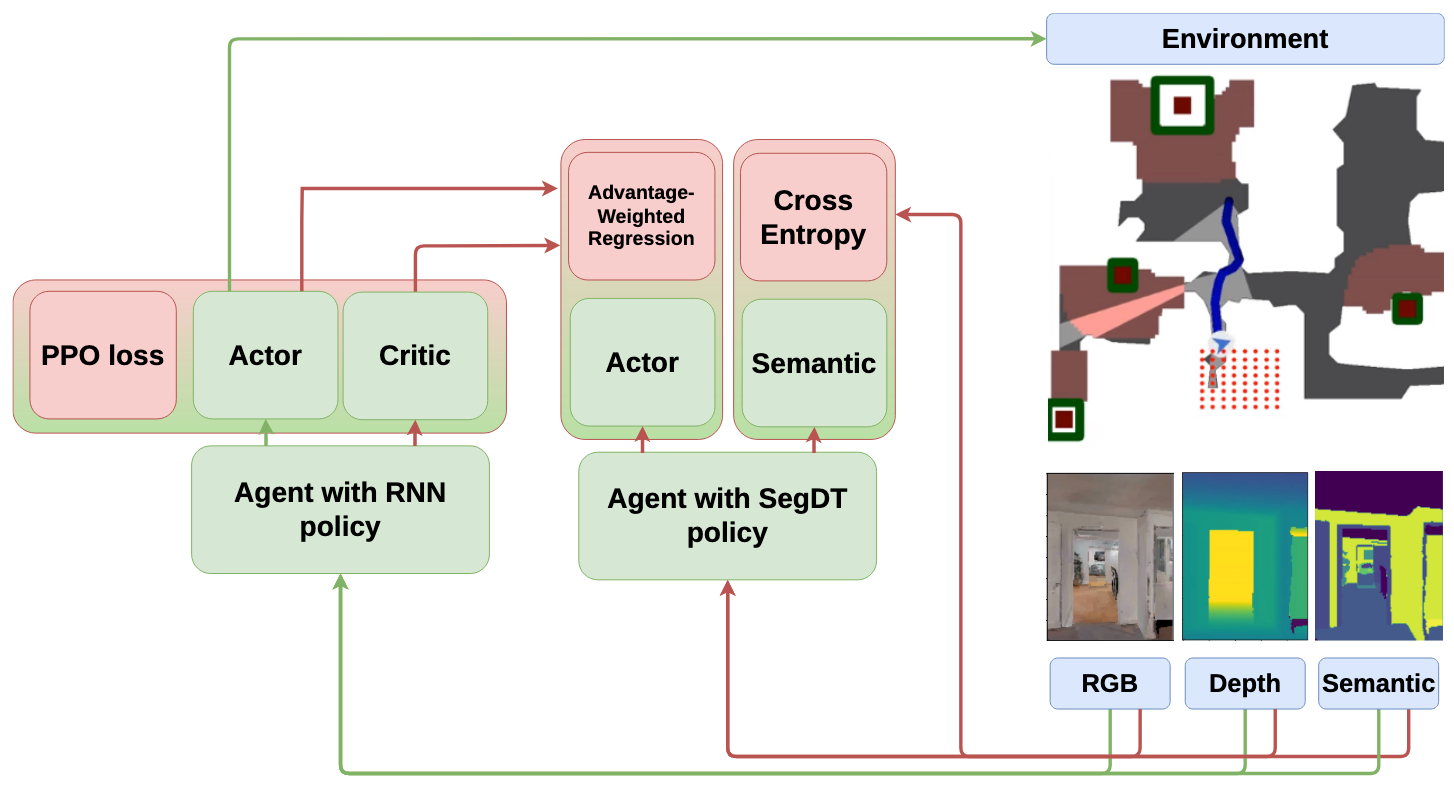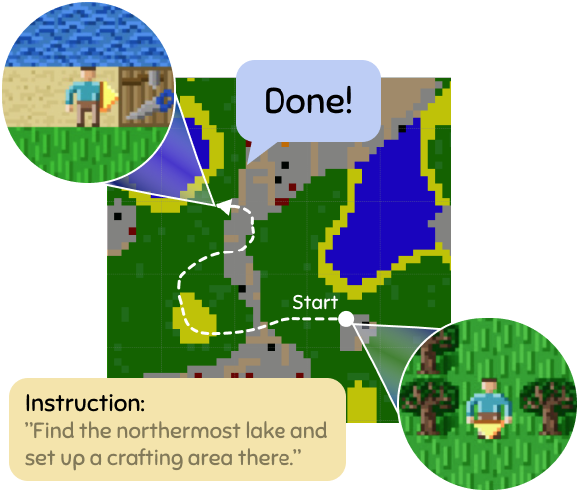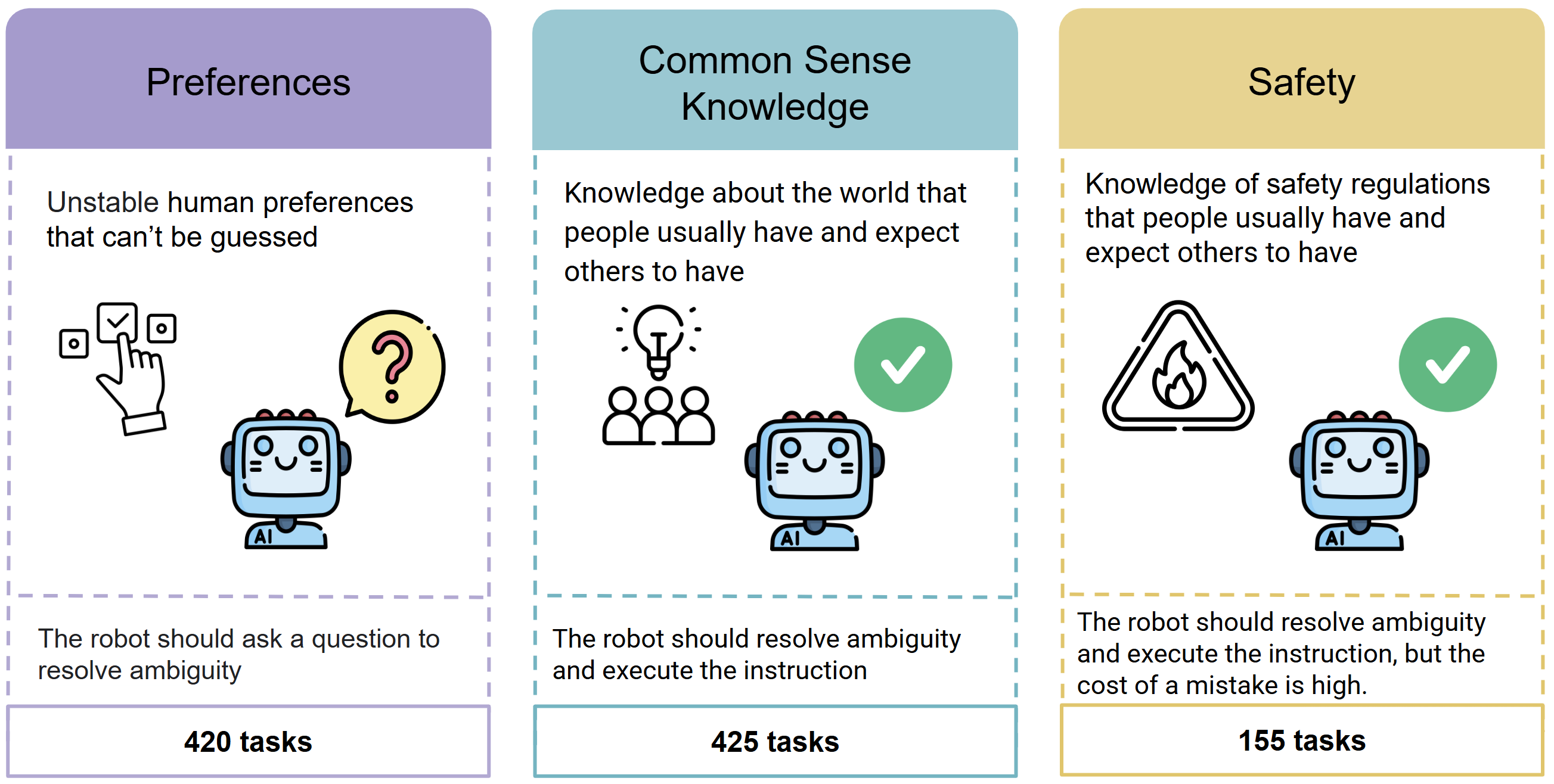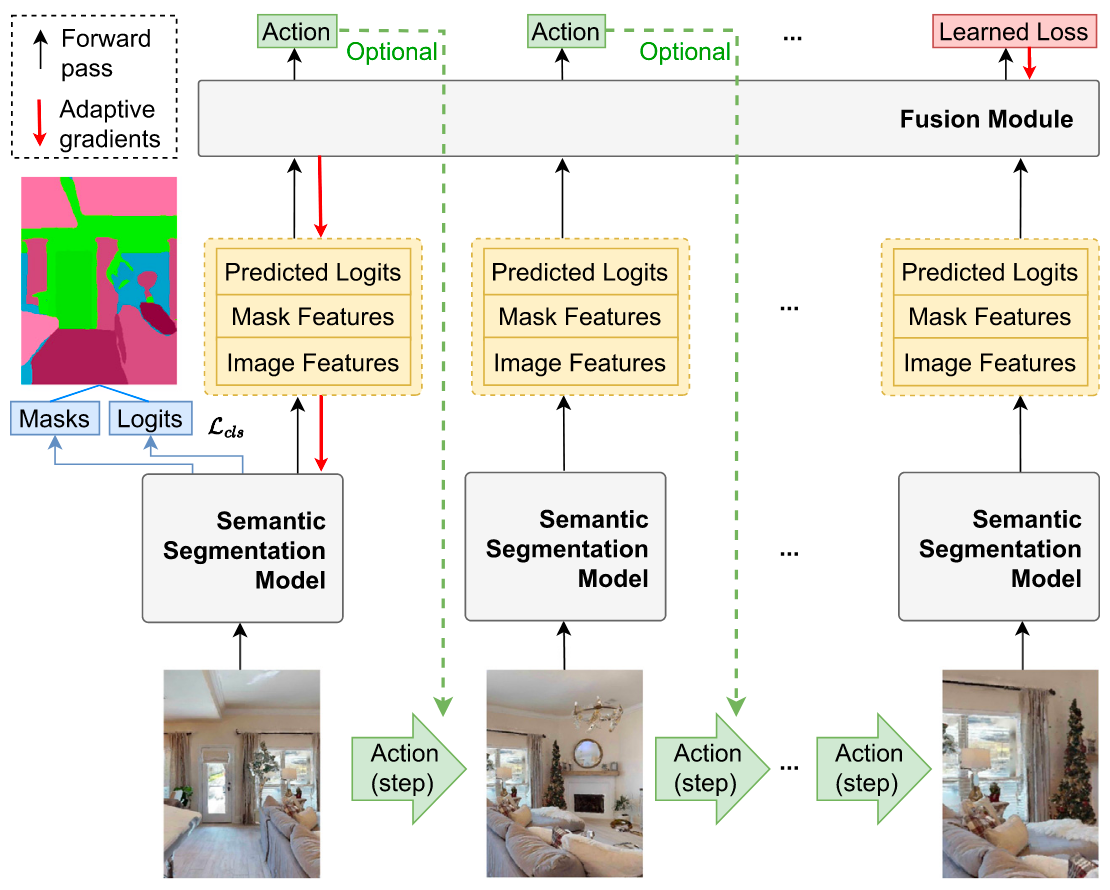Aleksandr I. Panov
Head of Cognitive AI Systems laboratory, Moscow, Russia
Head of the Center for Cognitive Modeling, Moscow, Russia

Dr.Sc. in AI and ML, associate professor
Currently, I lead a Cognitive AI Systems laboratory at the Artificial Intelligence Institute (AIRI), engage in embodied artificial intelligence and deep reinforcement learning at the Cognitive Modeling Center of the Moscow Institute of Physics and Technology (MIPT). My current scientific interests are related to transformer models and structured world models in reinforcement learning, applying language models for behavior planning (including robotics platforms), multi-agent planning and learning, and indoor visual navigation.
At AIRI, my primary focus is on fundamental research for creating new neurosymbolic architectures for planning and learning and new LLM/VLM-based agents. At MIPT, I lead applied activities and oversee commissioned research in reinforcement learning, robotics and control systems. Since 2019, I have been leading applied research in developing computer vision and planning systems for mobile robotics and unmanned vehicles commissioned by companies such as NKB VS, Integrant, Huawei, Sber. Additionally, at MIPT, I am the head of the master’s program in artificial intelligence, which is one of the most sought-after non-industrial programs in the Phystech School of Applied Mathematics and Computer Science (FPMI). From 2011 until 2024 at the Federal Research Center “Computer Science and Control” of the Russian Academy of Sciences (FRC CSC RAS), I was leading the department of Dynamic Intelligent Systems and Cognitive Research and developed various approaches in the field of reinforcement learning.
Brief Biography: In 2005, I graduated from the physics and mathematics school at Novosibirsk State University (NSU), and later pursued a bachelor’s degree in the Faculty of Physics at the same university, specializing in physical-technical informatics. I completed my master’s degree in applied mathematics and physics at MIPT, Department of Intelligent Systems (basic department of the Computing Center of RAS). I conducted my doctoral dissertation at the Institute for System Analysis of RAS under the guidance of G.S. Osipov (topic Research of methods, development of models, and algorithms for forming elements of the sign representation of the subject’s world model). Since 2019, I have been leading the scientific and educational Center for Cognitive Modeling at MIPT and the master’s program Methods and Technologies of Artificial Intelligence at FPMI. In August 2021, I joined the AIRI team. In November 2024, I defended my thesis for the degree of Doctor of Science in Physics and Mathematics (topic “Methods and algorithms of neurosymbolic learning and behavior planning for cognitive agents”).
Honors and Awards: In 2017, I became a laureate of the Russian Academy of Sciences Medal for Young Scientists. In 2019, I led the CDS team, which took first place in the NeurIPS MineRL competition. In 2023, I led the SkillFusion team, which secured first place in the CVPR Habitat competition. I have also led completed grants from the Russian Foundation for Basic Research (RFBR) and the Russian Science Foundation (RSF). Winner of the Yandex ML Prize 2024 in the Scientific Supervisors category. Scientific consultant of the Autorobotics team, which became the winner of the technology competition Up Great “Level 5” 2024 for unmanned cargo transportation.
Academic Service: Since 2019, I have been an editor of the journal Cognitive Systems Research (Elsevier). From 2015 to 2022, I was a member of the Scientific Council of the Russian Association for Artificial Intelligence (RAAI). Since 2017, I have been organizing annual summer schools for RAAI and AIRI. In 2021 and 2022, I organized the NeurIPS IGLU competition. I was the Area Chair for AAAI 2026 (AIA track), ICLR 2026. Also I was the reviewer for AAAI 2023, 2024, 2025, 2026, ECAI 2023, 2024, 2025, IROS 2023, 2024, 2025, ICRA 2024, CVPR 2024, 2025, IJCAI 2024, NeurIPS 2024, ICLR 2025, ICAPS 2025, AISTATS 2025, ICML 2025, ICCV 2025 conferences and in ACL Rolling Review cycles.



